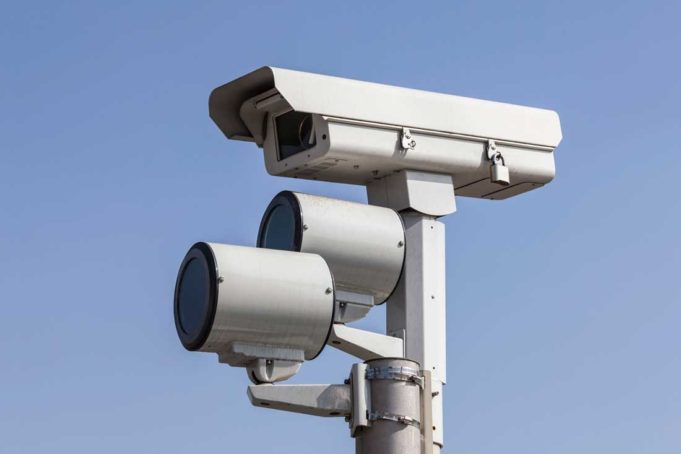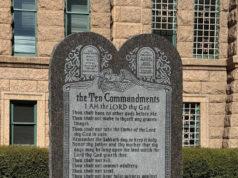Most of us in Fort Worth breathed a huge sigh of relief on June 1, when Gov. Greg Abbott signed into law a bill ending the use of red-light cameras in Texas. Sure, they saved some lives, but they were oh-so intrusive. For someone hurtling home after a few bourbons who didn’t see a red light, why should he have a damned $75 ticket sent to his house? No cop, no crime, right?
That guy is exactly the guy we wanted red-light cameras to stop, but the other side of that story is that an awful lot of us got those same damned $75 tickets for making legal right-hand turns on red or for entering an intersection on a yellow. It was a moneymaking machine that simply made too many mistakes, costing working-class people a lot of money they didn’t have to spare.
The Fort Worth red-light camera program, which started with the passage of a city ordinance on July 31, 2007, featured 58 cameras at 44 intersections when it shut down. The net to the city from those cameras in 2018 — the most recent year data is available — was $3.6 million, which funded “safety activities such as maintaining traffic signage, pavement markings, traffic signals, crosswalks, and intersection lighting,” according to the city’s webpage. All monies due, past and present, from June 1 forward no longer need to be paid because the city is not collecting them.
Actually, those tickets never needed to be paid here in Tarrant County. Unlike police-issued traffic tickets, not paying red-light camera tickets didn’t stop you from registering your vehicle, didn’t result in a mark on your driving record — and so did not affect your insurance rates — and was not reported to credit bureaus (“Confessions of a Scofflaw”, May 3, 2017).
Of course, nobody in the city went out of their way to tell us that we could just toss the tickets in the trash, so while good drivers probably paid the tickets when they got them, the drivers who ignore red lights probably didn’t give a damn whether Big Brother was taking their picture or not.
There is no word from the city yet on how many accidents have occurred in the intersections that had the cameras. We’re hoping that number is minuscule. There is also no word yet on where the city is going to come up with the revenue stream it just lost. Let’s hope it’s not by installing facial-recognition cameras that will take your picture and send you a ticket for jaywalking.












